All Formats & Editions
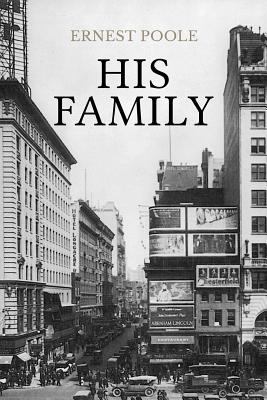
His Family
His Family tells the story of a middle-class family in New York City in the 1910s. The family's patriarch, widower Roger Gale, struggles to deal with the way his daughters and grandchildren respond to the changing society.
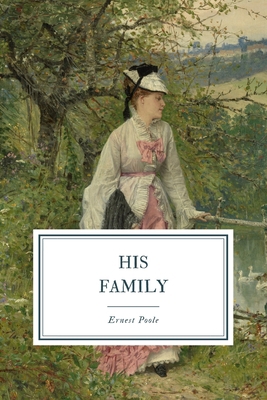
His Family
This work has been selected by scholars as being culturally important, and is part of the knowledge base of civilization as we know it. This work was reproduced from the original artifact, and remains as true to the original work as possible. Therefore, you will see the original...

His Family
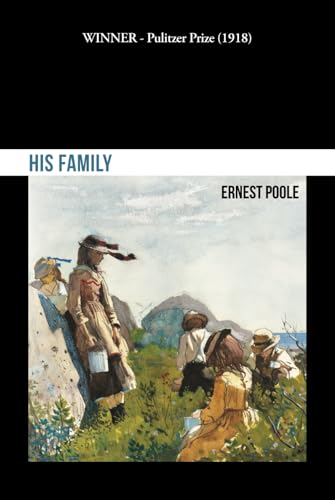
His Family
WINNER - Pulitzer Prize (1918) In the bustling heart of early 20th century New York City, Roger Gale, a widowed father, grapples with the challenges of raising his three daughters: the ambitious Deborah, the domestically inclined Edith, and the free-spirited Laura. As Roger navigates...
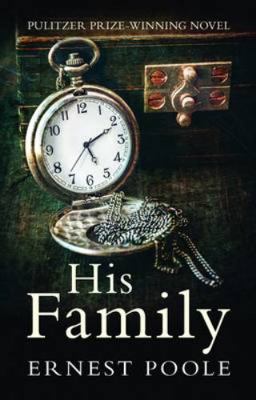
His Family
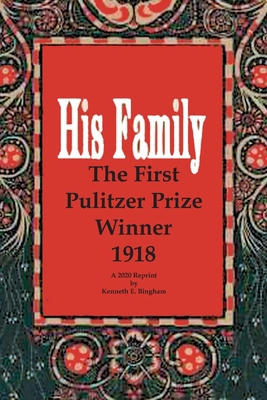
His Family: The First Pulitzer Prize Winner 191...
The story begins in the spring of 1913 with Roger Gale, a New York businessman and a widower, owner of a media monitoring service, reflecting on the changes that have come to New York since his arrival in the city as a young man from a New Hampshire farm somewhere near the time...

His Family (Franklin Library Pulitzer Prize Ser...
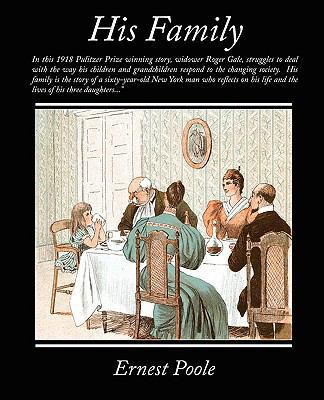
His Family
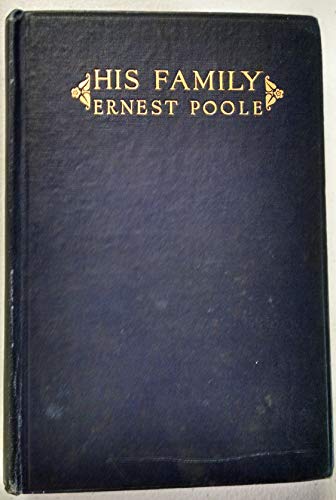
His Family
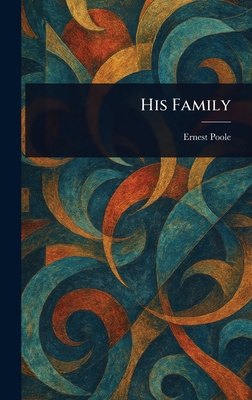
His Family
Ernest Poole's "His Family" offers a compelling portrait of family dynamics against the backdrop of early 20th century New York City. This meticulously prepared print edition revives a classic exploration of social change and the immigrant experience. Through the lens of urban...
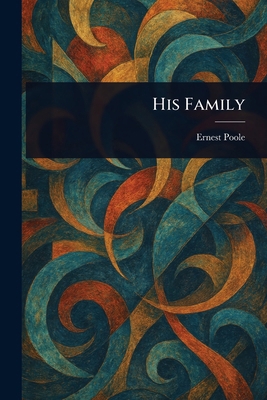
His Family
Ernest Poole's "His Family" offers a compelling portrait of family dynamics against the backdrop of early 20th century New York City. This meticulously prepared print edition revives a classic exploration of social change and the immigrant experience. Through the lens of urban...

His Family
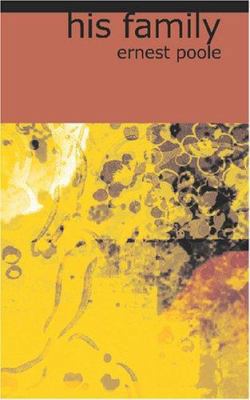
His Family

His Family
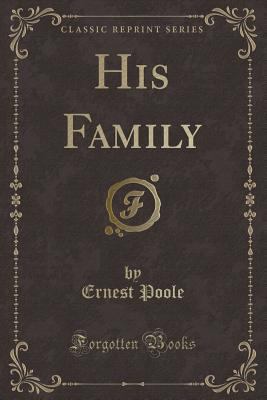
His Family (Classic Reprint)

His Family

His Family: New special edition
We are happy to announce this classic book. Many of the books in our collection have not been published for decades and are therefore not broadly available to the readers. Our goal is to access the very large literary repository of general public books. The main contents of our...

His Family by Poole, Ernest
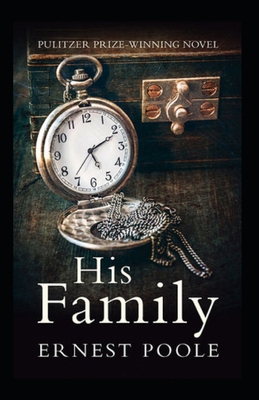
His Family Annotated

His Family Annotated

His Family

His Family
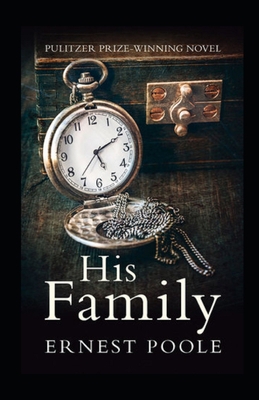
His Family Annotated
His Family is a novel by Ernest Poole published in 1917 about the life of a New York widower and his three daughters in the 1910s. It received the first Pulitzer Prize for the Novel in 1918.
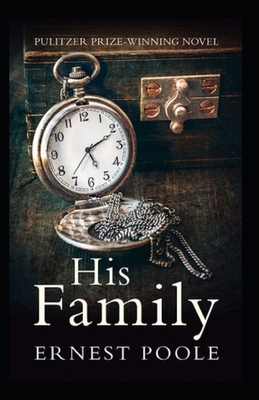
His Family Annotated




